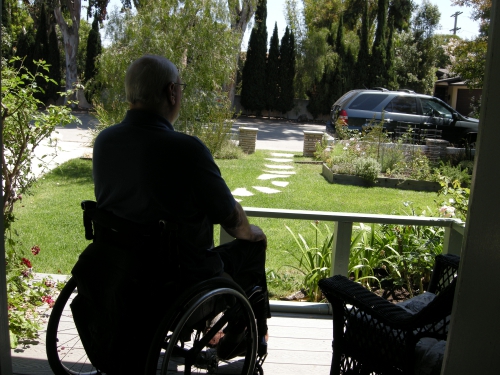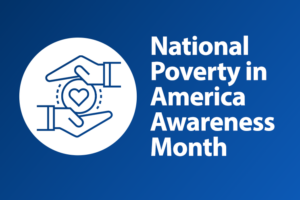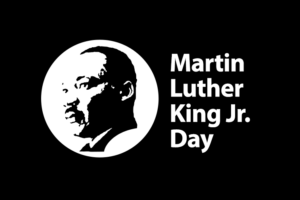Sarah Ford | July 29, 2014
Losing Your Way
By Allen Rucker
A couple of weeks back, I talked about the increasingly popular notion in medicine that a purposeful life can seriously impact your health, in a good way. The piece was a little heavy on research and theory and a little light on personal experience. Why I care about this stuff grows out of what happened in my own life. Something I learned from Victor Frankl, the eminent Austrian neurologist and psychiatrist and author of his famous 1946 book on this subject, “Man’s Search for Meaning”: surviving the death camps of the Holocaust was the key to both his thinking and his life.
I had never heard of this idea that a well-defined purpose could actually affect my state of health until a good fifteen years after becoming paralyzed. By that point I had survived all of the depression and despair that most people encounter on contracting a major disability. I’ve already described that in a memoir called “The Best Seat in the House.” But what I didn’t describe, as I look back, was my own big-picture outlook the day I became paralyzed. I always thought that how I reacted to this on a practical level was the whole story, or most of it. What I downplayed was, once recovered, why I was doing what I was doing as a career and in general, in leading my life. (I got this how/why stuff from Frankl, too.)

Get Resources and Insights Straight To Your Inbox
Explore More Articles
America’s Charities Named ‘Best Nonprofit To Work For’ For Fifth Consecutive Year
Washington, D.C. – April 1, 2025 – America’s Charities, the nonprofit that mobilizes the power of giving as a leading provider of volunteering, workplace giving,…
Get Resources and Insights Straight To Your Inbox
Receive our monthly/bi-monthly newsletter filled with information about causes, nonprofit impact, and topics important for corporate social responsibility and employee engagement professionals, including disaster response, workplace giving, matching gifts, employee assistance funds, volunteering, scholarship award program management, grantmaking, and other philanthropic initiatives.




